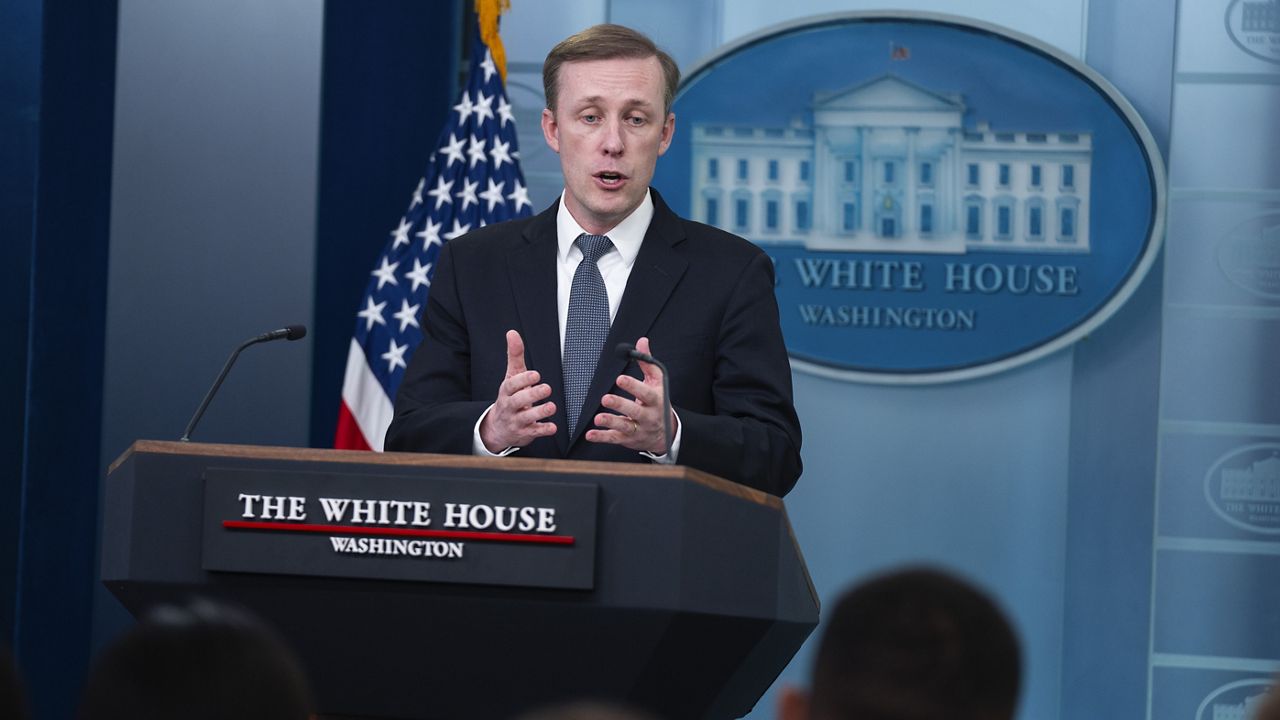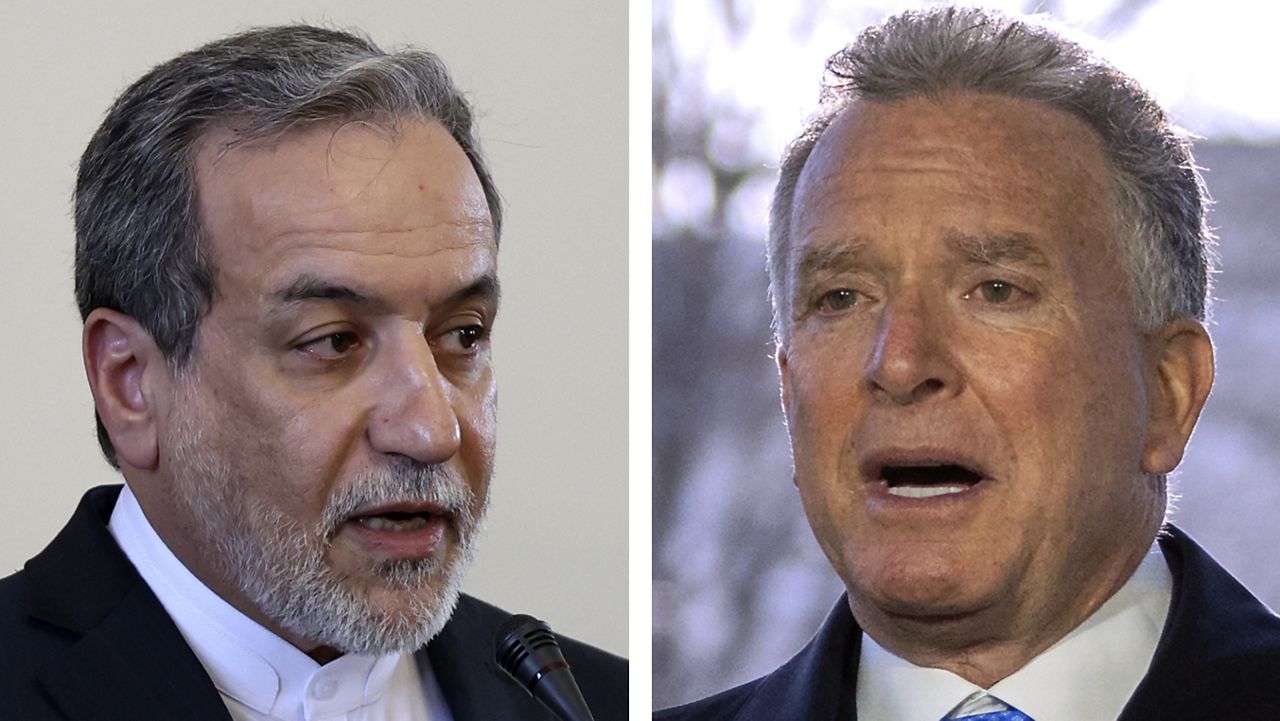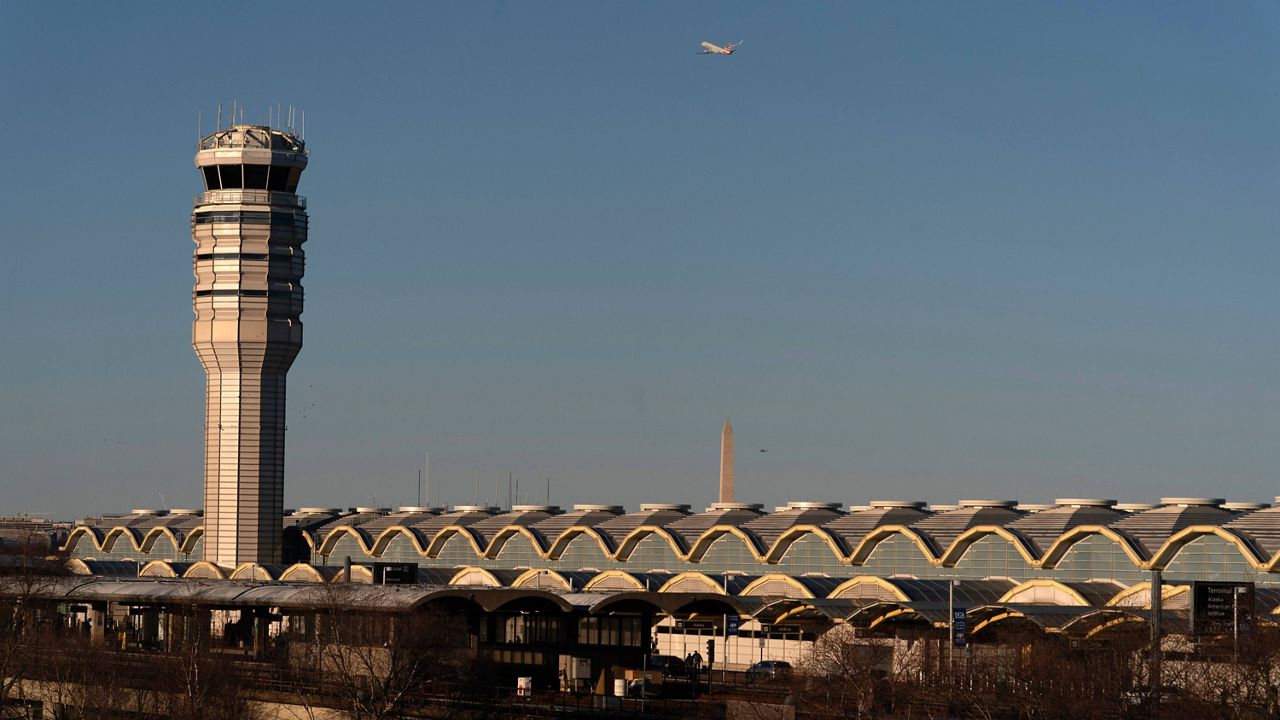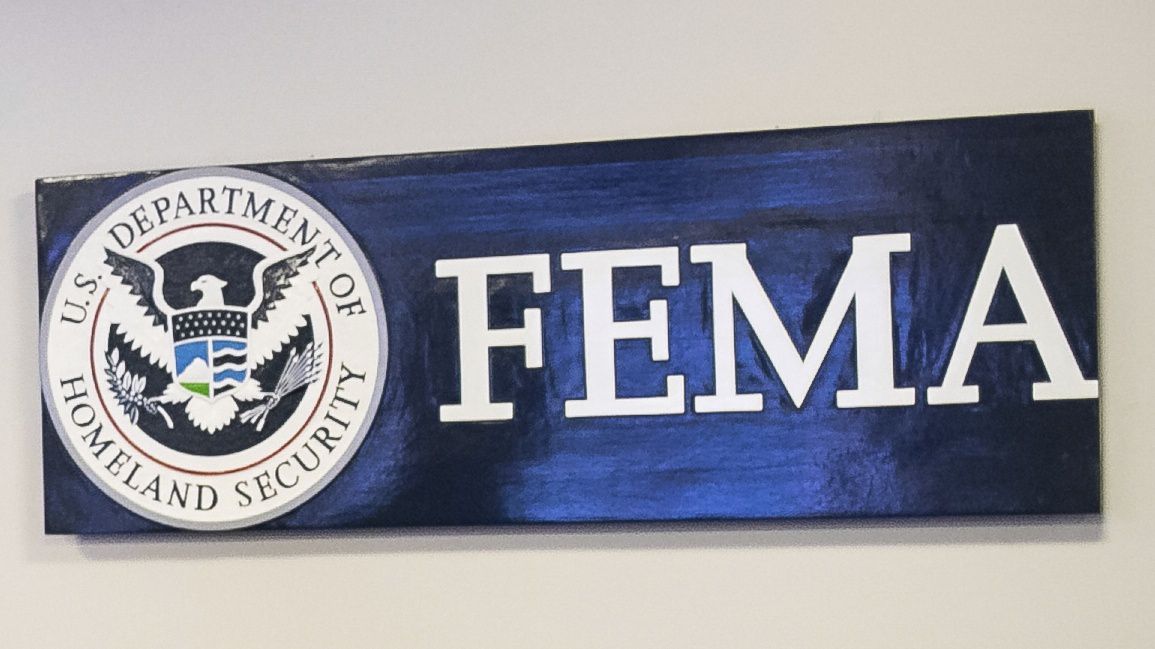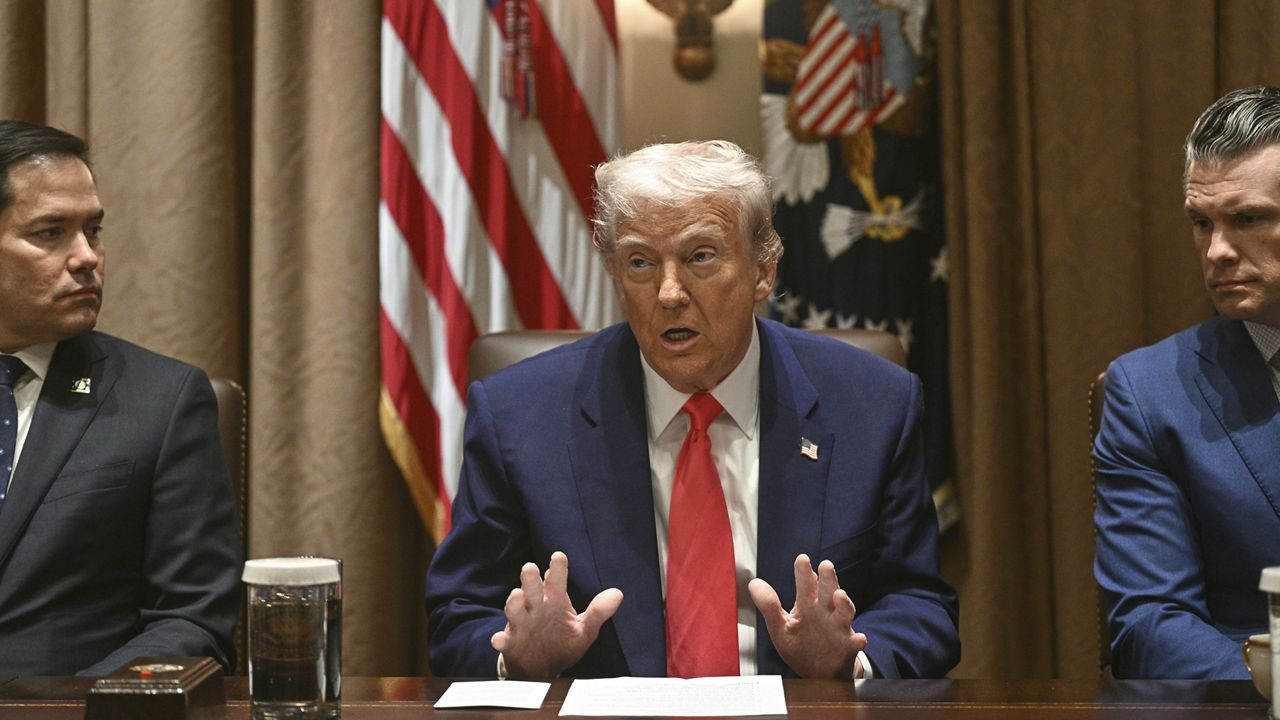White House national security adviser Jake Sullivan said the U.S. is watching developments in Rafah “very closely” while stressing that Israel's actions have yet to amount to the major ground operation opposed by President Joe Biden.
The administration is facing pressure to define what it considers a major ground operation in Rafah after Biden last week pledged to halt the shipment of weapons to Israel that could be used in such an offensive.
“We're collecting our own assessment of what's happening on the ground,” Sullivan told reporters at Monday’s White House press briefing. “The Israeli Defense Forces have indicated to us that the operations they are currently pursuing are targeted, they are not the kind of massive military operation that we have talked about.”
“It's not a mathematical formula, or a mechanical determination, It's something we will judge based on what we see, and the President will then make his determinations,” Sullivan added “We have not seen that happen yet.”
He added that the White House does not believe what is happening in Gaza is a “genocide.”
Israel has already carried out strikes in the city, where more than one million civilians have been sheltering amid the war. Around 300,000 people have heeded calls to evacuate as Israel pushes further into the city.
The U.S. has already paused one shipment of bombs to Israel over concerns about the potential ground operation in Rafah.
Israel also captured the Palestinian side of the Rafah crossing last week, which Sullivan said on Monday has caused “difficulty” getting humanitarian aid into the territory.
“This is something we're working, not just with the Israeli government, but the Egyptian government and the United Nations, because it will take all three of them working together to make this happen,” Sullivan said.
Sullivan on Monday also told reporters that the U.S. and Israeli officials, including military, intelligence and humanitarian professionals, are scheduling an in-person likely in “a matter of days.” Sullivan and his Israeli counterpart Tzachi Hanegbi agreed to coordinate such a meeting during a phone call yesterday. A White House readout of the call said Hanegbi confirmed Israel was “taking U.S. concerns into account,” despite Israeli Prime Minister Benjamin Netanyhu’s pledge last week that Israel will “stand alone” if needed.
It comes as the U.S. is pushing Israel to plan for the future of the Palestinian territory, reiterating a point Secretary of State Antony Blinken made on CBS’ “Face the Nation” on Sunday, where he noted Hamas is “coming back” in areas Israel already cleared.
“Military pressure is necessary, but not sufficient to fully defeat Hamas,” Sullivan said on Monday. “If Israel's military efforts are not accompanied by a political plan for the future of Gaza, and the Palestinian people, the terrorists will keep coming back and Israel will remain under threat.”
Sullivan also said the U.S. continues to work toward a deal that would put a cease-fire in place in exchange for the release of hostages taken by Hamas, saying Israel put a “forward leaning” proposal on the table and that “the world should be calling on Hamas to come back to the table and accept it.”
“You know, there would be a ceasefire tomorrow if Hamas would release the hostages — the women and the elderly and the wounded. Israel said it’s up to Hamas; if they wanted to do it, we could end it tomorrow,” the president said at a campaign reception in Washington state on Saturday.
The U.S. for months has made clear that it opposes a major ground operation in Rafah without a plan to protect the civilians, something Blinken said and as of Sunday the administration still has not seen.
In a comment that was seen as a major development, Biden told CNN last week that he would not send certain offensive weapons to Israel should it attack Rafah on the ground.
“Civilians have been killed in Gaza as a consequence of those bombs and other ways in which they go after population centers,” Biden told CNN anchor Erin Burnett in an interview in Wisconsin on Wednesday.
“I made it clear that if they go into Rafah — they haven’t gone in Rafah yet — if they go into Rafah, I’m not supplying the weapons that have been used historically to deal with Rafah, to deal with the cities — that deal with that problem,” the president added.




